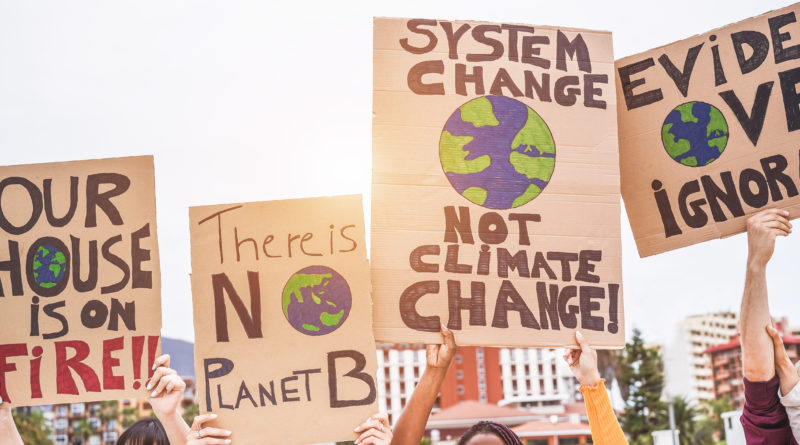Where Do Trump and Biden Stand on Climate Change?
6,954 total views, 1 views today
The majority of scientists believe humans are causing climate change and that it will pose an existential threat by 2050. These scientists say that if we don’t make an immediate global effort to lower greenhouse gas emissions, billions of people could be negatively affected by global temperature increases.
Scientists say that climate change has contributed to our recent unusually potent hurricane season and wildfire season. As such, many people have pressured the 2020 presidential candidates to address the changing environment. Read on to find out what they both say.
Joe Biden’s policy proposals for climate change
One of Democratic presidential candidate Joe Biden’s key policy goals is to combat climate change. Biden has said that his clean energy plan would dedicate two trillion dollars to climate research and development throughout his first term. He has also said that he hopes to reach net-zero carbon emissions by 2050. Additionally, Biden wants to rejoin the Paris agreement, an agreement within the United Nations Framework Convention on Climate Change (UNFCCC) in which 197 countries have agreed to reduce their carbon emissions.
Biden’s plan also addresses environmental injustice by allocating 40 percent of all clean energy investments to communities of color and lower-income communities located near pollution, toxic waste, and landfills. The plan would create a division within the Department of Justice that would regulate and penalize corporations for their negative impacts on environmentally vulnerable communities.
Biden has said that he won’t ban fracking, which can trigger water pollution and earthquakes, and proponents of the Green New Deal have criticized him for this stance. Although Biden and his running mate Kamala Harris have previously come out against fracking, the Biden campaign recently changed its stance.
Trump’s policies on climate change
Last year, the Trump administration began to officially withdraw the U.S. from the Paris Agreement. President Trump recently appointed David Legates, a University of Delaware professor of climatology who does not believe in climate change, for a top position at the National Oceanic and Atmospheric Administration (NOAA).
Legates has a long history of using his academic position to cast doubt on climate science. His climate change denial research was partially funded by grants from Koch Industries, the lobbying group for several prominent petroleum companies.
Shortly after Trump appointed Legates, Trump said that the deadly fires on the west coast are caused by “explosive trees.” He also said that countries like Austria have “forest cities” and they have more “explosive trees,” but they don’t experience wildfires like America due to their forest management. Austria’s agriculture minister debunked Trump’s statement by saying Austrians do not live in forest cities, nor do they have explosive trees.
Since climate change is melting mountain snowpacks, drier and hotter summers occur. In these summers, droughts lead to hundreds of millions of West Coast forest trees dying. With dry soil and dead trees, lightning that strikes trees has ignited multiple fires. Additionally, most forest management isn’t the responsibility of state authorities because the state owns a small share of forest land. The federal government owns most of the forests in areas affected by wildfires, so forest management is the federal government’s responsibility.
Is climate change being discussed during the debate?
The second and final presidential debate will occur on Thursday, October 22, and both candidates will discuss climate change. The Commission on Presidential Debates has announced this topic alongside other issues such as COVID-19 and racism.
What’s the worst-case scenario with climate change?
The world’s population is forecasted to rise to nearly 10 billion by 2050. According to one recent estimate, climate change will force 1.2 billion people living in sub-Saharan Africa, Central Asia, and the Middle East to relocate by 2050. This prediction suggests that various countries will experience food insecurity and water scarcity. Scientists say that this concerning future can be less severe if everyone, including corporations, agrees to lower their carbon emissions.

